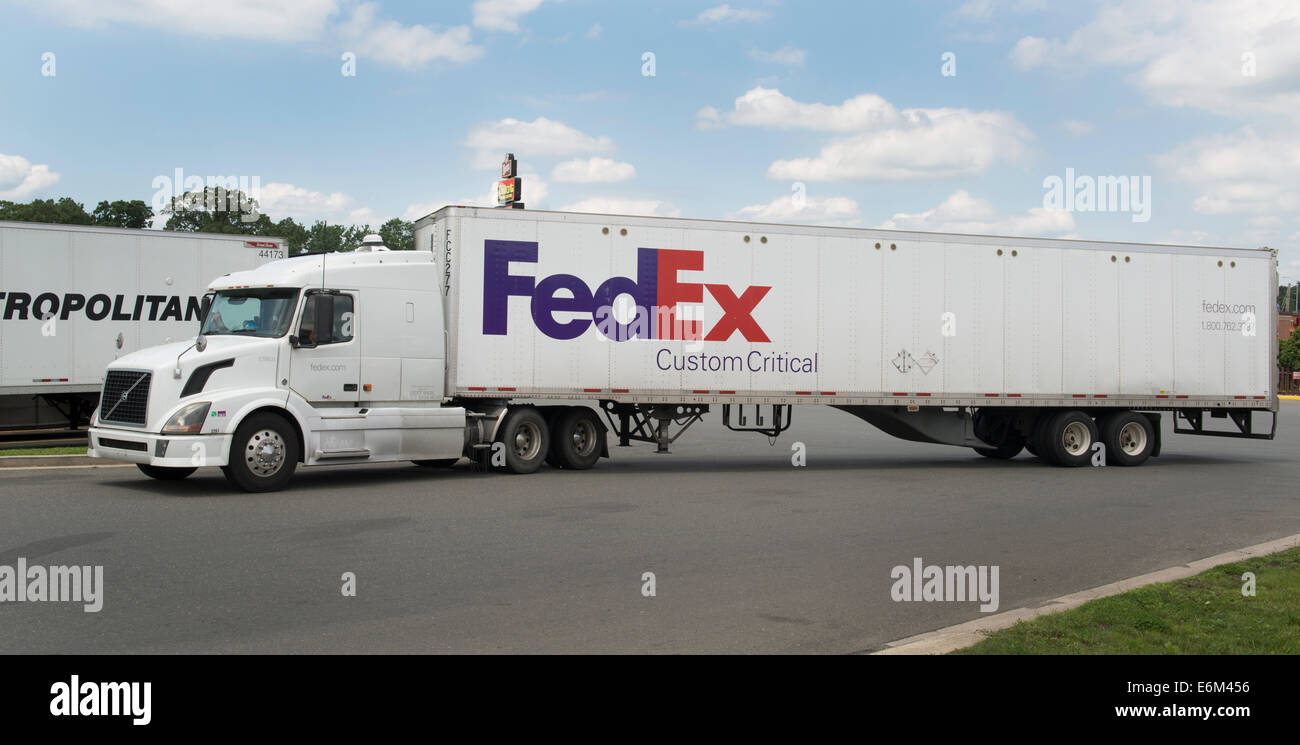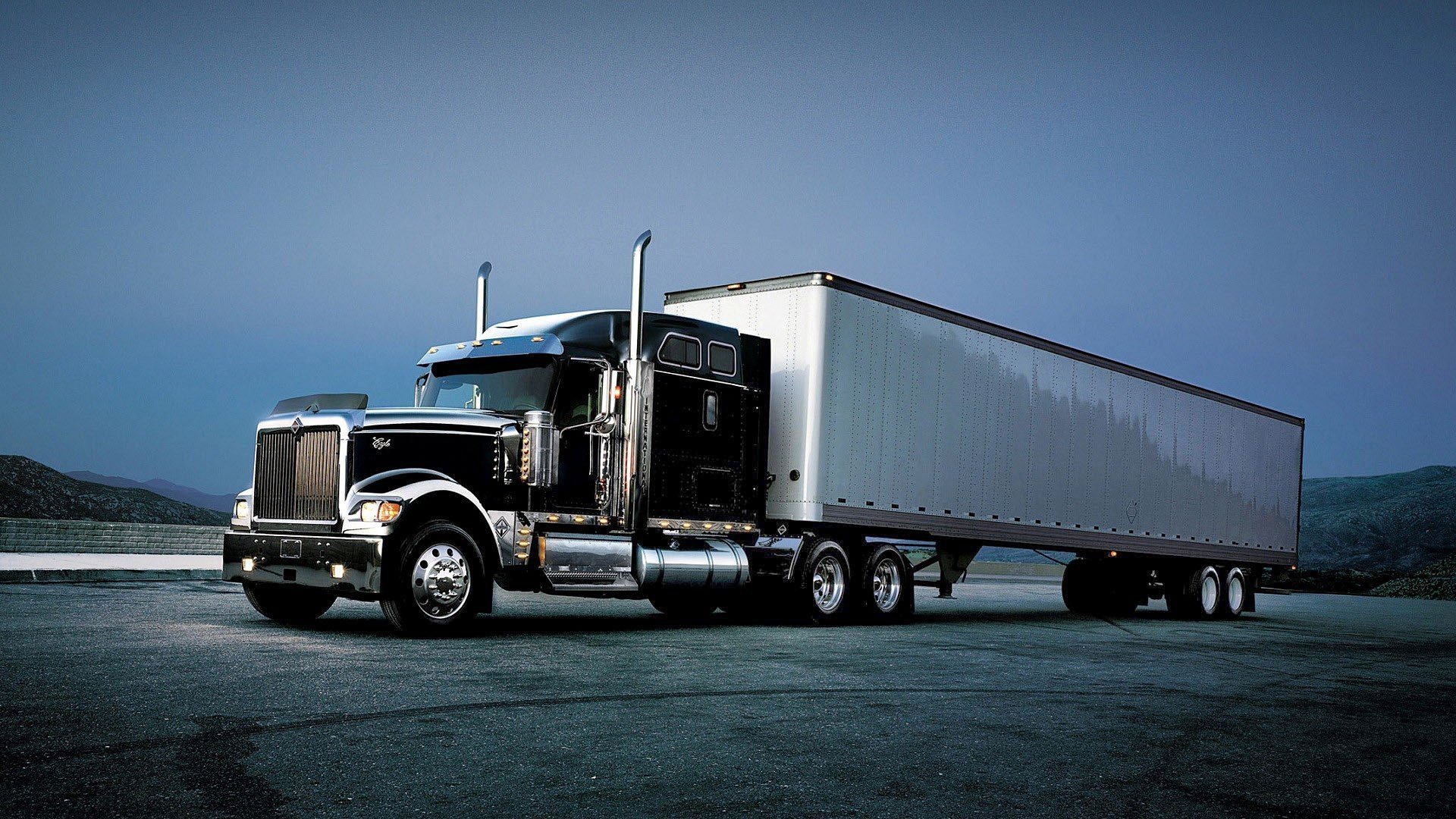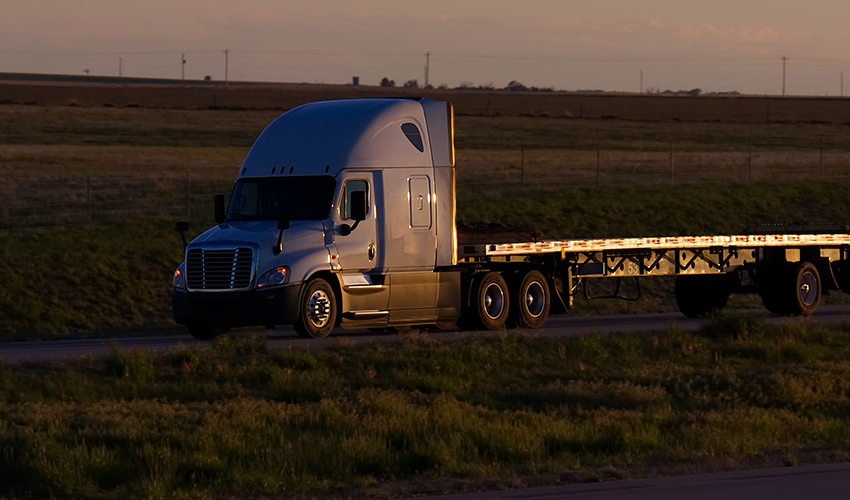Do you realize just how much of modern life depends on the rumbling giants of the road, the unsung heroes of commerce? Eighteen-wheeler trucks, often referred to as semi-trucks, are far more than just vehicles; they are the lifeblood of global trade, the arteries through which the world's goods flow.
These powerful machines, with their imposing size and ceaseless activity, often blend into the background of our daily lives. We see them on the highways, hear their engines, and perhaps even grumble about their presence during traffic delays. Yet, the truth is that without these dedicated trucks, the shelves of our stores would be bare, manufacturing would grind to a halt, and the intricate dance of supply chains would fall apart.
Let's delve deeper into the world of eighteen-wheelers, exploring their various configurations, their crucial role in the economy, and the regulations that govern their operation. From the bustling yards of Pedigree, a dealer known for offering high-quality heavy-duty equipment, to the diverse options available at Arrow Truck, we'll uncover the details that define this essential industry. The world of trucking is as complex as it is vital. The "18 wheeler" is not a simple designation; it represents a diverse range of equipment, each designed to handle specific types of cargo and navigate the challenges of the open road. Understanding these nuances is key to appreciating the full scope of this dynamic field.
- Pat Ting Hung Actress Films Everything You Need To Know
- Cool Green Wallpapers Free Hd Backgrounds Downloads
Before we continue, let us examine the data of some key people in the industry that make this whole operation running.
| Category | Details |
|---|---|
| Name | (Fictional Example: John "Jack" Miller) |
| Role | Owner/Operator of a trucking company (e.g., Miller Transport) |
| Years of Experience | 30+ years |
| Licenses & Certifications | CDL (Commercial Driver's License), HAZMAT endorsement, various safety certifications |
| Trucking Specialization | Over-the-road (OTR) hauling, specializing in refrigerated goods |
| Company Fleet Size | 15 trucks, 20 trailers |
| Key Achievements | Won "Trucker of the Year" award in 2018, Successfully managed logistics during major national events, Consistent safety record |
| Awards and Recognition | Award for safety and security measures |
| Challenges Faced | Navigating changing regulations, Driver shortages, Fuel price fluctuations, Supply chain disruptions |
| Quote | "Trucking is more than a job; it's a lifestyle. You have to be dedicated and resilient. The roads are tough, but they connect us all." |
| Website Reference | American Trucking Associations (ATA) |
Now, let's look at the diverse array of equipment that keeps the wheels of commerce turning. One of the most common sights on the road is the standard semi-truck, composed of a tractor and a trailer. The versatility of this combination is reflected in the numerous trailer types available, each optimized for a specific purpose.
One primary element to take note of, is the variety of options at companies like Arrow Truck Sales. They showcase the wide spectrum of possibilities, highlighting the essential nature of the industry. This means understanding the capabilities of different setups from the familiar dry vans to the more specialized trailers.
- Learn About Happy Sad Songs Shows More
- Joakim Ryan Latest News Stats Updates With Chicago Wolves Hurricanes
Dry van trailers are the workhorses of the industry, enclosed trailers designed to protect cargo from the elements and theft. They are a popular choice for general freight, and they come in different sizes, with 43-foot and 53-foot configurations being the most common. These trailers are found everywhere, and they are responsible for transporting much of the non-perishable items we utilize daily.
Lowboy trailers, on the other hand, are specifically designed to transport the bulkiest and heaviest equipment, such as construction machinery and oversized industrial components. These trailers feature a lower deck height, allowing them to accommodate exceptionally tall loads without exceeding height restrictions. These types of trailers are specifically for the most extreme forms of cargo transportation.
Refrigerated (reefer) trailers, as the name suggests, are equipped with refrigeration units that maintain a specific temperature to preserve perishable goods. These trailers are indispensable for transporting items such as produce, dairy products, and pharmaceuticals, ensuring they reach their destinations in optimal condition. These are of particular importance to the food industry, and have a huge impact on our daily life.
Flatbed trailers are open-deck trailers ideal for transporting large, heavy, or irregularly shaped items that can be loaded and unloaded from the sides or top. These trailers are particularly versatile, suitable for carrying a wide array of cargo, including construction materials, machinery, and oversized equipment. They are a common sight on the road as well.
Pup trailers are shorter trailers, typically around 28 feet in length. It is common to see two pup trailers pulled together, creating a total length of approximately 56 feet. These are very useful for navigating tight spaces and delivering smaller loads to urban areas.
Intermodal containers, usually 20 or 40 feet long (but can extend to 53 feet), are designed for seamless transfer between different modes of transportation ships, trains, and trucks. These containers standardize cargo handling, making the global movement of goods more efficient. This is an essential step for globalization and modern international trade.
The specific choice of trailer configuration depends entirely on the nature of the cargo. From transporting delicate electronics to massive construction equipment, the adaptability of the 18-wheeler fleet is remarkable. If you can attach it to a big rig, as Kenworth of Louisiana might say, they probably have the means to transport it.
The economic significance of the 18-wheeler is difficult to overstate. These trucks are integral to the supply chain, the complex network of processes that brings goods from their source to consumers. They move raw materials to factories, finished products to distribution centers, and finally, to the stores and homes of consumers. Without this constant flow of goods, the economy would falter.
The trucking industry employs millions of people, including drivers, mechanics, dispatchers, and logistics professionals. It supports numerous other industries, such as manufacturing, warehousing, and retail. The trucking industry is a massive economic driver.
The regulatory landscape governing the trucking industry is extensive and multifaceted. The Department of Transportation (DOT) sets forth stringent guidelines regarding vehicle size, weight, and safety standards. The maximum width for commercial motor vehicles is 102.36 inches, while the length can vary between 48 and 53 feet. The height can be 13 to 14 feet.
Furthermore, there are varying state-level regulations. There is no universal height limit set by the federal government, but states can set their own limits. These state-specific regulations must be carefully considered by trucking companies and drivers to ensure compliance. This means understanding the intricacies of permits, load restrictions, and routing requirements. The industry must constantly adapt to a changing legal and regulatory environment.
Companies like Pedigree offer another component of the trucking sector. Their specialization in fleet-maintained, one-owner 18-wheelers, reefer trailers, flatbeds, and tankers caters to a specific segment of the market. This focus on quality and reliability is essential. It ensures that the equipment on the road is in optimal condition and that it meets the demands of long-haul journeys.
The concept of "buying a pedigree big rig" highlights the importance of investing in high-quality, dependable equipment. This, in turn, reduces downtime, lowers operating costs, and enhances driver safety. For those operating in the trucking business, the quality of the equipment is paramount.
The financial aspects are equally important. Deals, such as the offer from one seller to provide two dry van trailers for the price of one and a half, are great advantages. By doing this, it can help business owners upgrade their fleet with high-quality equipment. However, the deals are often time-sensitive. Such as the 2013 and 2014 model years only. Therefore, the financial side of the business becomes a key factor to maintain the entire operation.
In the ever-evolving world of commercial vehicle sales, understanding the variety is crucial. Whether it's through established dealerships or convenient locations, such as the one near Port Allen, options abound for commercial trailers, utility trailers, and tractor-trailers. These operations play a vital role in supporting the trucking industry.
The "18-wheeler" is a versatile term and can be applied across a wide variety of scenarios. 18-inch trailer wheels, for example, are specifically designed for flatbeds, car haulers, boat trailers, gooseneck, and lowboy trailers, all designed for specific tasks. These wheels are essential for various applications.
In conclusion, the 18-wheeler truck is a pivotal element of modern life. They are a necessity in keeping the world running. From carrying the largest construction equipment to transporting a farmer's harvest, the 18 wheeler's versatility is incredible. The next time you see an 18-wheeler on the highway, remember the vast network of people, equipment, and regulations that come together to keep the world moving forward. This complex interplay showcases an industry that is indispensable to society.



Detail Author:
- Name : Cade Jakubowski
- Username : roxanne.murazik
- Email : bessie.altenwerth@harvey.com
- Birthdate : 1985-08-07
- Address : 973 Boyer Mission West Hortense, IN 24375
- Phone : +1 (832) 480-5932
- Company : Hamill, Reichert and Anderson
- Job : Occupational Therapist
- Bio : Eveniet rem temporibus vitae. Vel doloremque aperiam et laudantium sint assumenda minus. Dignissimos et veniam quis corrupti dolores.
Socials
twitter:
- url : https://twitter.com/franecki1994
- username : franecki1994
- bio : Dolor sint voluptatem et optio. At est sunt quod omnis facilis suscipit. Quis nostrum sed dolorem aut.
- followers : 4739
- following : 2033
linkedin:
- url : https://linkedin.com/in/amelie3709
- username : amelie3709
- bio : Nisi odio ipsa necessitatibus sunt atque sequi.
- followers : 6309
- following : 509
facebook:
- url : https://facebook.com/amelie.franecki
- username : amelie.franecki
- bio : Quis aliquid impedit architecto voluptatum.
- followers : 4341
- following : 747
instagram:
- url : https://instagram.com/amelie_dev
- username : amelie_dev
- bio : Ut quo dolorum ad deserunt. Dolores cumque a hic rerum. Deserunt eius maxime et id.
- followers : 4778
- following : 2264